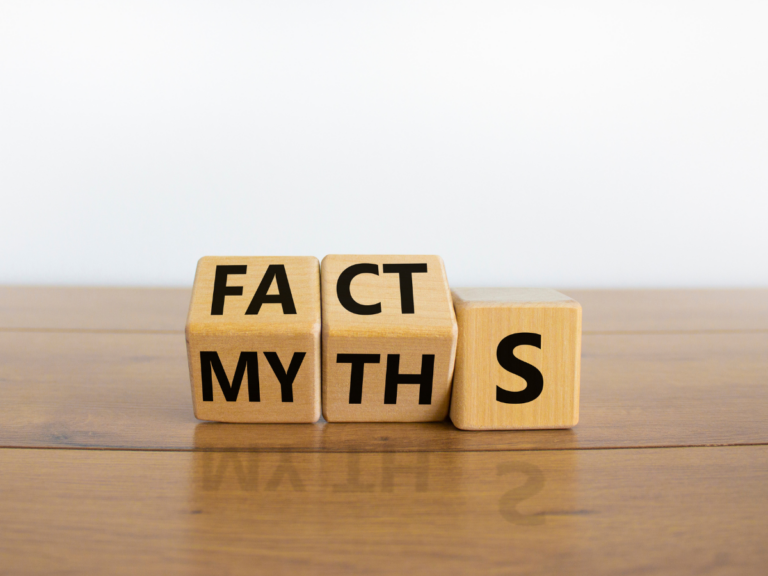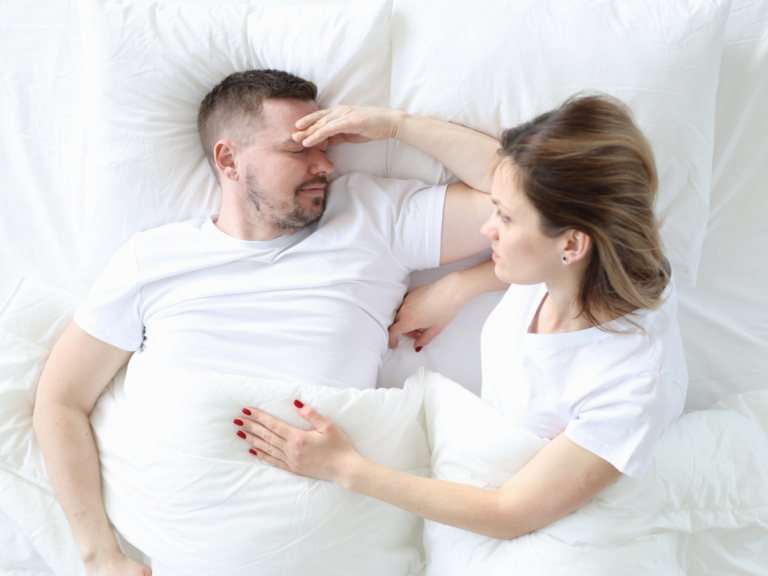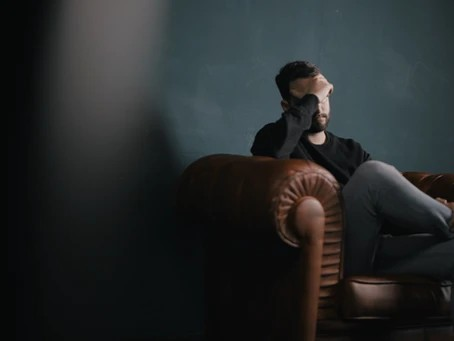Erectile Dysfunction (ED) and Sleep

When considering health, we often tend to compartmentalize issues, treating them as isolated events. However, the human body functions as an intricate system, and seemingly unrelated health concerns can be deeply interconnected. A poignant example of this is the relationship between erectile dysfunction (ED) and sleep disorders. While both might appear distinct at first glance, a deeper exploration reveals an important and often overlooked link.
Erectile Dysfunction: A Brief Overview
Erectile dysfunction (ED) is characterized by the persistent inability to achieve or maintain an erection suitable for sexual activity. While ED can arise due to various factors, from hormonal imbalances to vascular health, a crucial yet under-discussed contributor is the quality and quantity of one’s sleep.
The Link Between Sleep Disorders and ED
The intersection of ED and sleep disorders has garnered significant attention in the medical community. Here’s why:
Testosterone Levels and REM Sleep: Testosterone, the primary male sex hormone, plays a pivotal role in maintaining sexual function. Levels of this hormone naturally increase during REM (Rapid Eye Movement) sleep, which is a phase of deep, restorative sleep. Sleep disorders, especially conditions like sleep apnea, can interrupt the REM cycle, leading to decreased testosterone levels and, in turn, contributing to ED.
Endocrine Disruption: Chronic sleep deprivation can disrupt the endocrine system, which is responsible for producing hormones. This disruption can lead to imbalances in not only testosterone but also other hormones that play a role in sexual function.
Vascular Health: Sleep is crucial for cardiovascular health. Chronic sleep disorders have been linked to conditions like hypertension and atherosclerosis, which can impair blood flow. Given that an erection fundamentally relies on efficient blood flow to the penis, any vascular issues can be a direct contributor to ED.
Psychological Impacts: Chronic sleep deprivation can lead to a range of psychological issues, including stress, anxiety, and depression. Each of these can play a role in ED, either by reducing sexual desire or by creating performance anxiety.
Impaired Nervous System Function: Sleep is essential for the healthy functioning of the nervous system. Disrupted sleep patterns can impair the neural pathways involved in achieving and maintaining an erection.
Recent Research Insights
Several studies have delved into the connection between sleep disorders and ED. A noteworthy study published in the Journal of Sexual Medicine found that men with obstructive sleep apnea (OSA) exhibited a higher prevalence of ED compared to those without OSA. Another study in the International Journal of Impotence Research echoed these findings, suggesting that addressing sleep disorders could be a valuable avenue for managing ED.
Managing ED by Addressing Sleep Disorders
Recognizing the link between ED and sleep disorders is the first step. Addressing it requires an integrative approach:
Sleep Hygiene: Implementing good sleep hygiene practices can be a game-changer. This includes maintaining a consistent sleep schedule, creating a comfortable sleep environment, avoiding caffeine or heavy meals before bedtime, and minimizing screen time in the evening.
Seek Medical Advice: If you suspect a sleep disorder, especially conditions like sleep apnea, it’s vital to seek a medical evaluation. Treatments such as CPAP (Continuous Positive Airway Pressure) for sleep apnea can improve sleep quality and might alleviate ED symptoms.
Therapy and Counseling: If sleep disorders are induced by stress, anxiety, or other psychological factors, therapy can be beneficial. Cognitive-behavioral therapy, in particular, has shown promise in treating insomnia and can indirectly aid in managing ED.
Medication Review: Some medications, including certain antidepressants and antihistamines, can contribute to both sleep disorders and ED. If you’re on medication and experiencing symptoms, consult your healthcare provider about potential alternatives or adjustments.
In Conclusion
The relationship between erectile dysfunction and sleep disorders underscores the importance of a holistic approach to health. Rather than viewing health issues in isolation, understanding their interconnected nature can provide more effective, comprehensive solutions.
If you or a loved one is navigating the challenges of ED, consider the quality of sleep as a potential contributing factor. Addressing underlying sleep disorders not only holds the promise of improved sexual health but can enhance overall well-being, energy levels, and life quality. With knowledge, proactive measures, and the right support, achieving optimal health is within reach.





